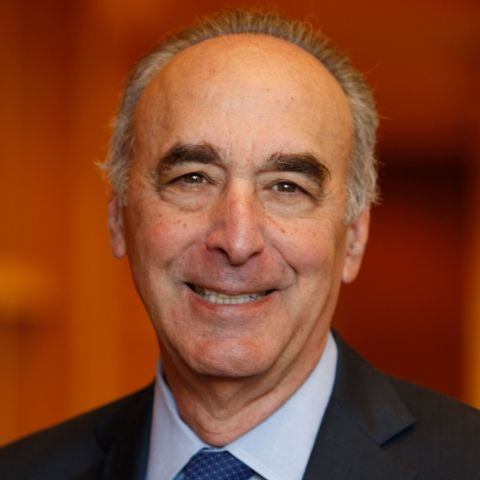

This chapter examines the intellectual and social contexts in which the American Law Institute (ALI) has operated and how they have influenced the course the ALI and its projects have taken during the 100 years of its history. Our aim is to situate the central preoccupations of the ALI at various times in the larger culture of the American legal profession and the social forces influencing American law. From its origins, the ALI has been a self-consciously elitist organization, operating under the premise that a collection of distinguished individuals drawn from the practicing bar, the judiciary, and the legal academy can make significant contributions to the growth and development of American law. But despite that premise, the ALI has not been free from pressures emanating from the broader legal profession and American society as a whole. One of the themes of this chapter is the ALI’s inability to be immune from those pressures in its mission to improve the state of American law, despite its strong commitment to professional independence from outside influences.